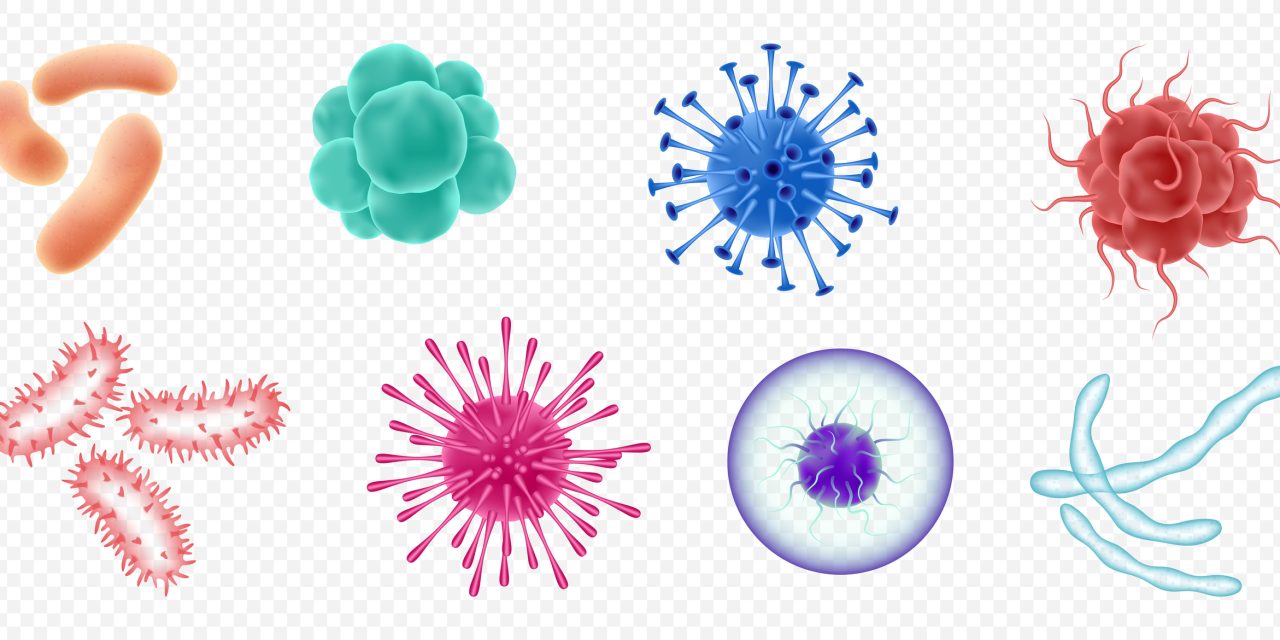The aim of this study was to develop a risk prediction model for HRAs detected at screening colonoscopy based on readily available participant information. The cohort consisted of 3035 participants aged 50 to 74 years with no history of cancer who underwent a primary screening colonoscopy at a centralized colon cancer screening centre between 2008 and 2016. A multivariable logistic regression model was created using CRC risk factors identified from prior research. Model covariates were collected from a baseline questionnaire and included participant demographics (age and sex), lifestyle parameters (body mass index, alcohol, smoking, and vitamin D supplement use) and medical history (family history of CRC and diabetes). Mean participant age was 58.8 years, and 54.7% were male. 249 participants with HRAs were identified (8.2%). An adjusted c-statistic of 0.67 was calculated, and a specificity and negative predictive value of 97.2% (95% CI: 96.5-97.8) and 92.5% (95% CI: 92.2-92.8) for the detection of HRAs, respectively, were achieved using 20% predicted probability as a high-risk threshold. However, only a sensitivity of 12.1% (95% CI: 8.3-16.8) was achieved. Our model has moderate predictive ability, with strengths in being able to rule out those with an absence of HRAs on screening colonoscopy. Maximizing screening efficiency through improved risk prediction can enhance resource allocation. Ultimately, this model has the potential to improve patient care by reducing unnecessary colonoscopies, limiting this invasive procedure to those most likely to have significant findings.Copyright © 2021. Published by Elsevier Inc.
Development and validation of a risk prediction model for high-risk adenomas at the time of first screening colonoscopy among screening aged Canadians.


